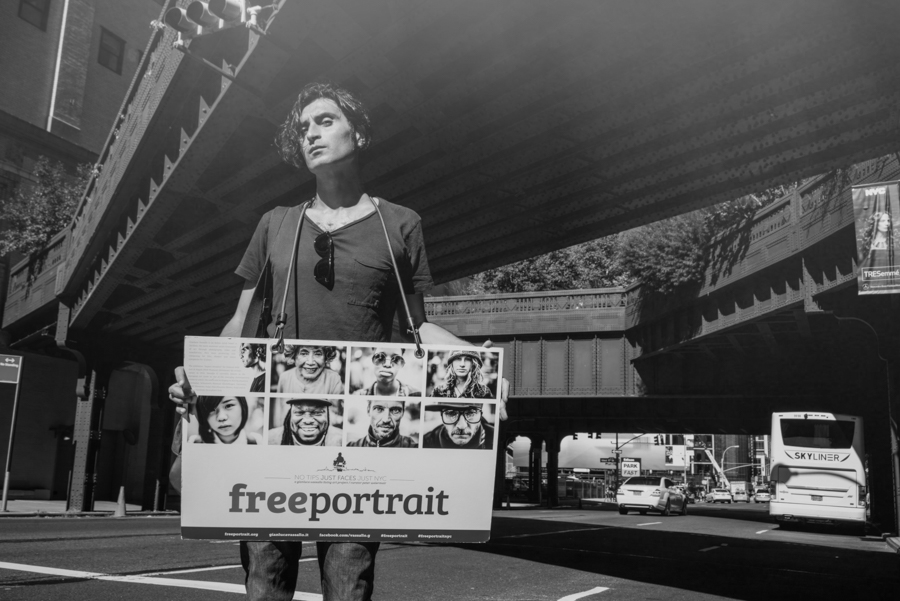< Interviews
Gianluca Vassallo, Next, 2013, 86 photographs, 20 x 20 cm (each), P. Terna 05
Gianluca Vassallo was born in Castellammare di Stabia in 1974. He currently lives and works in San Teodoro in Sardinia. Vassallo was a producer, composer and musical arranger in the past, until his debut in the artistic field – as a self-taught individual – with his exhibition consisting of 12 video artworks «Sapere Avvenire», exhibited at the PAN in Naples in 2010. Vassallo expresses himself through video, sound, photography and installations with special attention paid to relational aspects and the production process. «My research,» says Vassallo, «focuses on the social dimension of art. My works translate into pictures the questions relating to the relationship between man and power, meaning by this everything that has an apparent inalienability, inevitability and impracticability. Ultimately, a power with the meaning of ‘perceived limit’ by man.» His work has been presented by institutions and galleries both in Italy and abroad. These include: Schauwerk Museum (Sindelfingen, Germany 2013, 2014), Museo MAN (Nuoro, 2014); Stadtgalerie (Kiel, Germany 2014); Temple of Hadrian (Rome, 2013); Masedu Museo d’Arte Contemporanea (Sassari, 2103), Fondazione Meta (Alghero, 2013); theExpò d’Arte Contemporanea (San Benedetto del Tronto 2013); the Museo MART (Rovereto 2012); PAN (Naples, 2010).
Next, his artwork which came in among the winners of the Terna 05 Award, is a piece consisting of 83 photographs produced by launching a «false public call», distributed through social media, local newspapers, and local TV, with an open invitation to the community to have their portrait taken by the artist, on 9 and 10 November 2013, without specifying the process. The first person who came along was asked to «put on» the face of the artist but then had his portrait photo taken with his face uncovered. The portrait was printed immediately and then handed to the next person in order of arrival. The process was repeated in the same way over the two days, until the last person was photographed and his face was worn by the artist. In this way the relational circle was closed. Of course, once the subjects had discovered the process, they could each choose to take part or not, thereby highlighting the perceived limit between themselves and the world. Vassallo says: «I activated a process – both symbolic and highly real – of inclusion of others or rather of the appropriation of others and the granting of oneself.»
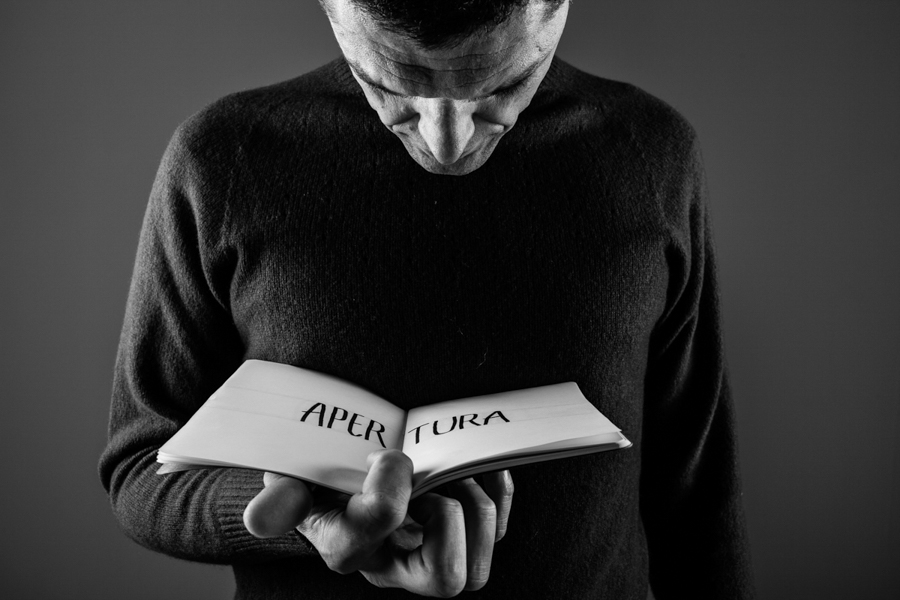
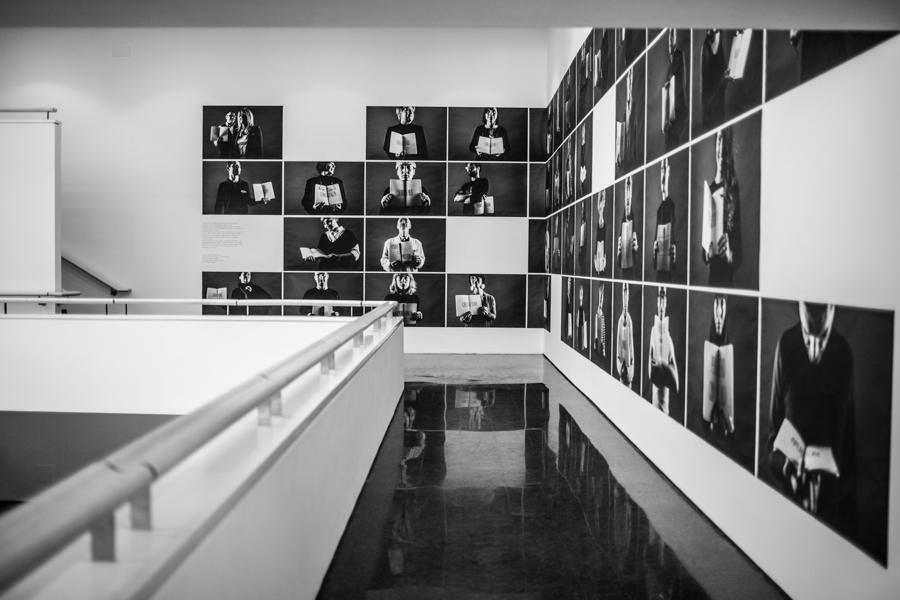
What is the state of Art in Italy today? What is the role of the artist in the current system of art and society?
I believe that art is a by-product of the dialectics of community, where «community» means both the active perception of the other, therefore «society», and the subset of actors participating in the construction of an aesthetic action in the present that has use in the future. In this sense, I think that the state of Art has been reduced to «doing through answer» rather than acting in a way determined by questions that need to be put to oneself and to the world. A recurrent mindset over these years in politics, in culture and as a consequence in micro-communities and families, where the fear of living through this crisis has prevented this from becoming an opportunity for rethinking how we live together.
But aside from these general comments, I believe that there are some extraordinary poetic peaks in artistic production, and I am also thinking about artists who I met at the Terna Award such as Gianni Moretti and Lucia Veronesi. And also museums that make an extraordinarily powerful contribution towards the construction of a current way of thinking, in an act of concrete rebellion against the trembling foundations, against the fear of the future and the need to please the public in order to raise cash. But enlightened collectors who believe in an idea of “recording” the present, without any conditions other than the authenticity of work. Well, what I see ultimately, is a potentially extraordinary state of things, that is submerged and overshadowed, however, by a widespread and, in some ways, reassuring pessimism.
In one of its first editions, the Terna Award published research forecasting the state of the Artistic world from 2010 to 2015. The results gave a glimpse on what is actually the current situation. This also included the fact that the crisis would lead to a move away from the dominant rules, in addition to art having a greater social commitment. Is that what is really happening?
I think there are some interesting signals, as I have already said. But specifically, I think there is sometimes an excessive focus on the aesthetics of discomfort. As if social commitment were simply the act of recording poverty, marginalization and conflict. Art, from my point of view, must depart from the fact of reality, not dwell on it.
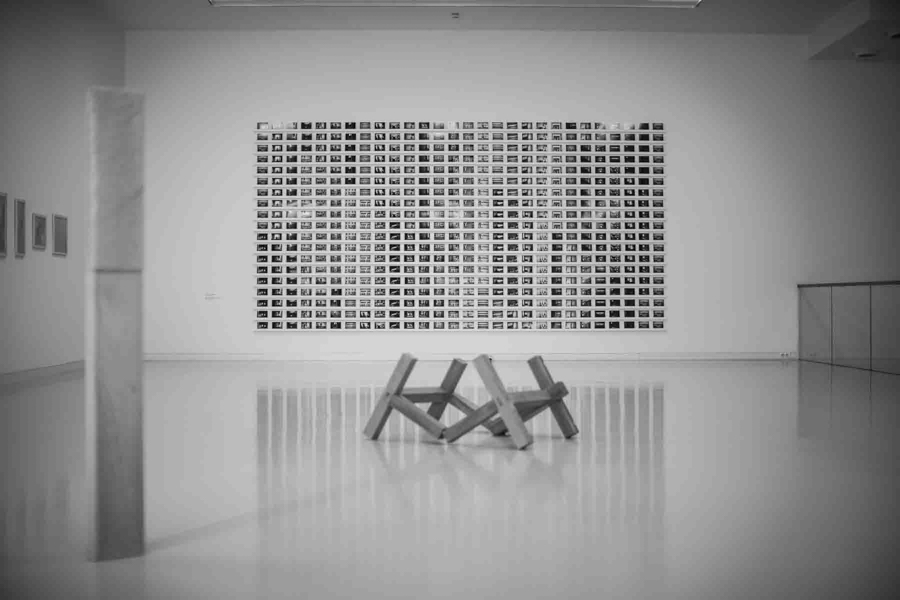
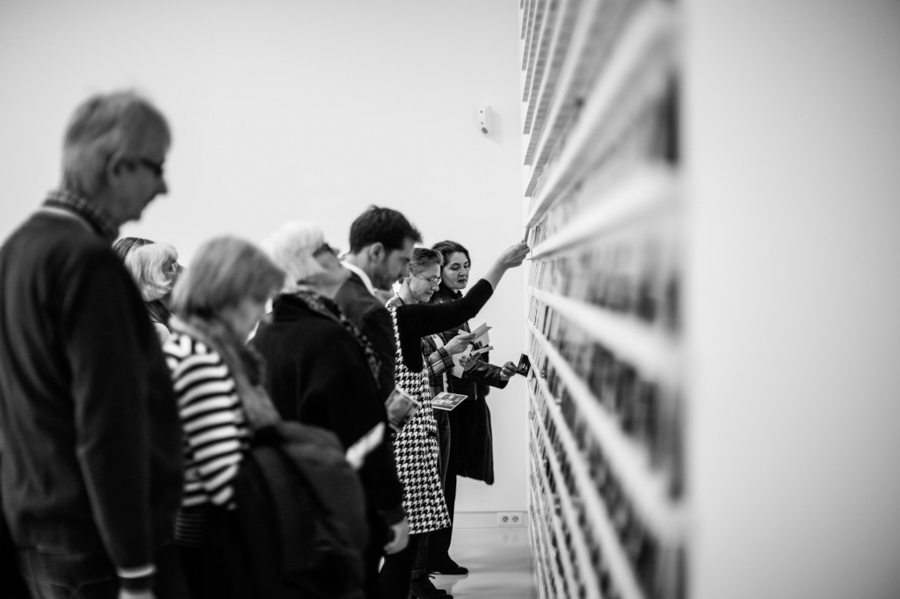
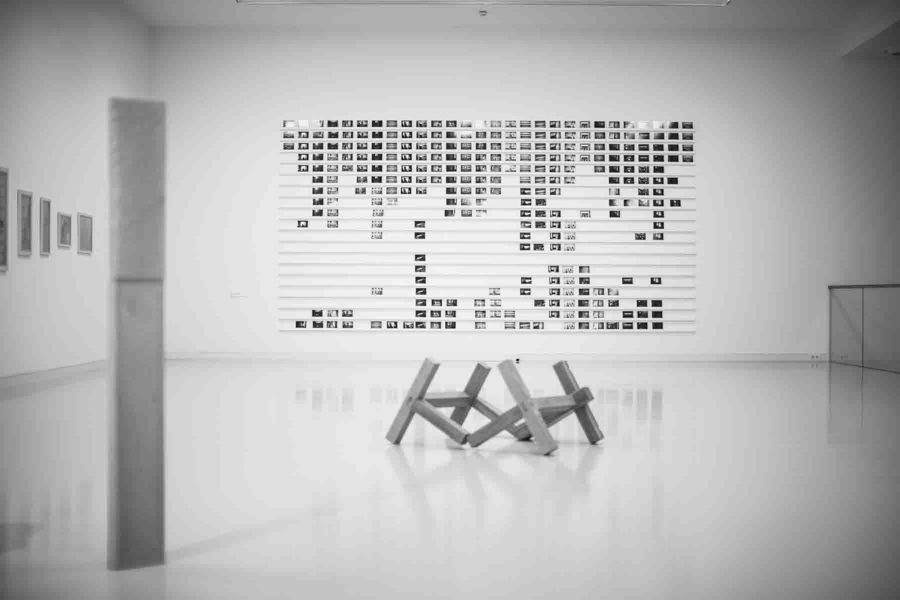
Do you remember taking part in the Terna Award? Were you working on a particular project?
I worked on the project for the Terna Award all of a sudden when I saw the theme and realized that it was perfect for a project I had had in mind for some time. I completed it in three days and uploaded the project just hours before the deadline.
In what direction has your latest research taken you? Can you give us some advance news about your projects and future plans?
My research has moved onto processes, in an attempt to overcome strict production as the means of communication between artist and audience. In particular, my ideas centre around the ability to make projects become similar to democratic platforms in which participation determines the result by offering, to those who want to see them, vast spaces that «can be occupied» and that are free from judgements, marked solely by the poetic dimension. All are equally involved, all equally exposed to the change.
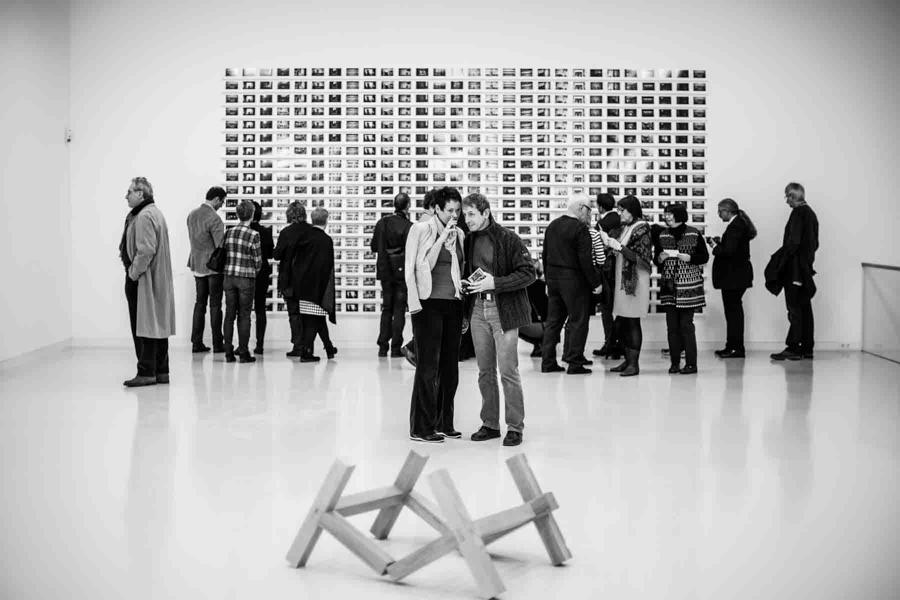
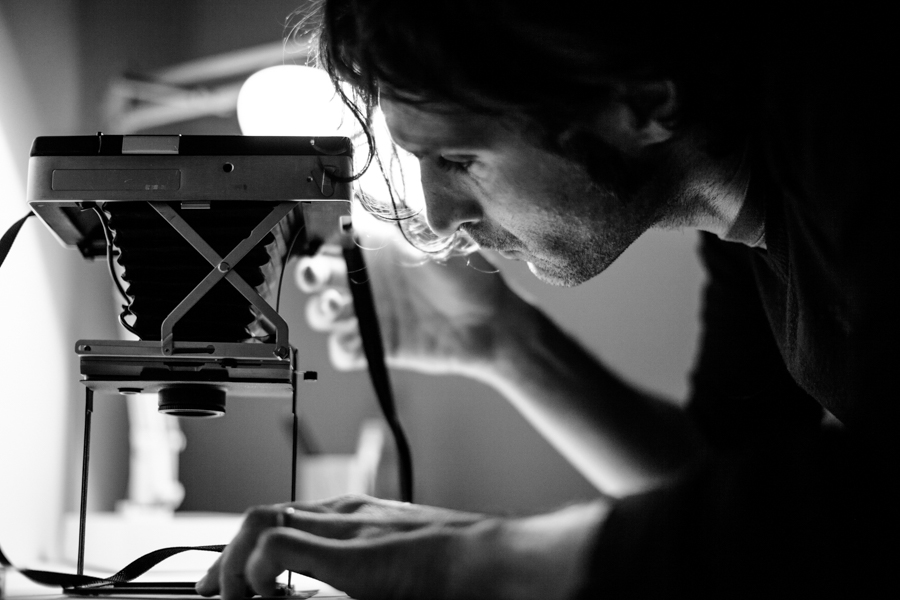
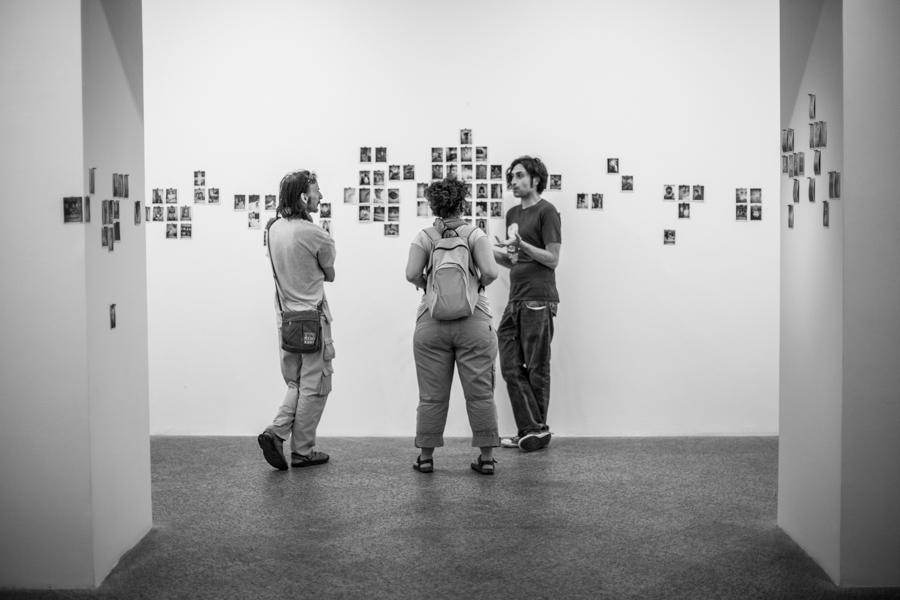
Your training also includes musical studies. In what form and to what extent is this cultural background of yours present in your work?
I believe that music formed my language. The way I talk and the way I think. Everything needs to sing, in my view. Everything has to have a trend. But at the same time I think that it has given rise, on the one hand, to some character areas… I’m referring to a certain discipline of listening, or impetus and the speed with which an idea has to become a concrete fact and, on the other hand, to an obsession for the new, for surpassing, an obsession that stems from the physical/numerical impossibility of music to “say” something that has never been said before, unless it is said through macro-accounts. But it may take too long to clarify what I mean here.
What should Italy have (which it still lacks) in order to support creativity and make our country increasingly competitive at an international level? And in your opinion, which country, on a global scale, is the best from this point of view?
I believe that from an institutional point of view, the creation of a specific tax system for art, both in the direction of managing the artist’s activities and in the direction of reducing the charges for collectors, could be a useful way to achieve a greater circulation of ideas. In short, if the institutions were to realise that the first means of an artist today is money, it would be a great leap forward. Because I am convinced that new thinking lives in satiety.
From a point of view more closely tied to the artistic community, I think we should start to shake off a certain pessimism, that resentment towards those who run faster, that distrust of those who are successful. Lastly, overcome that way of acting that means being misunderstood becomes reassuring, and being defeated is almost like certifying one’s purity.
In short, being Artists means above all – from my point of view – taking individual and collective responsibility for producing something new, aware that the aesthetics of the present is in our hands and that each of us forms a living organism that is the sum of what we do. A living organism that is contemporary and that must have the power to influence those who tomorrow will look at our time, from theirs.
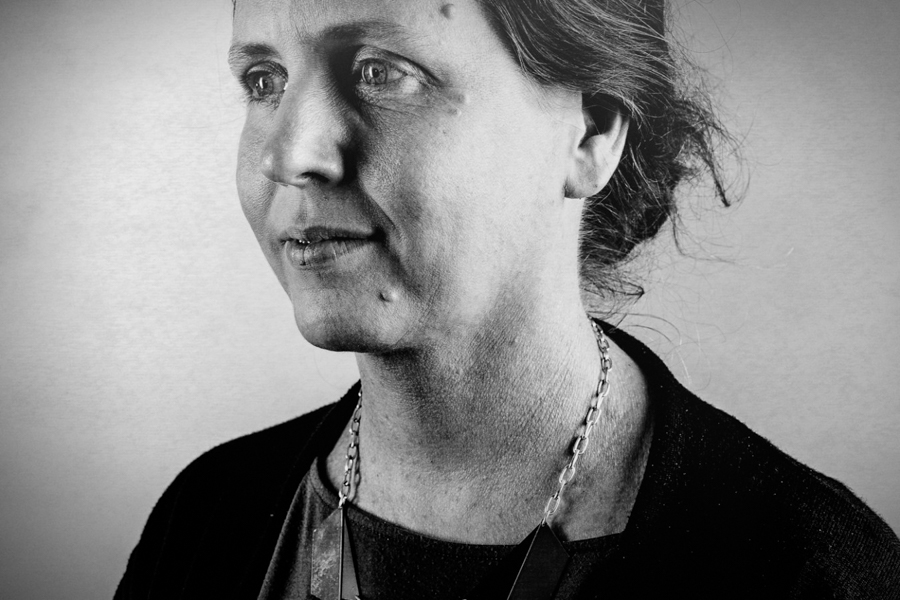
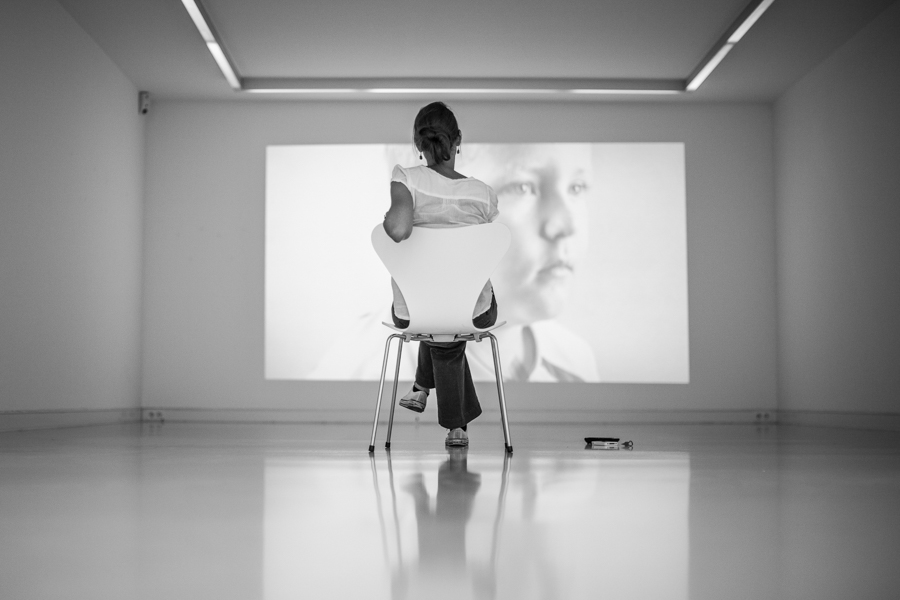
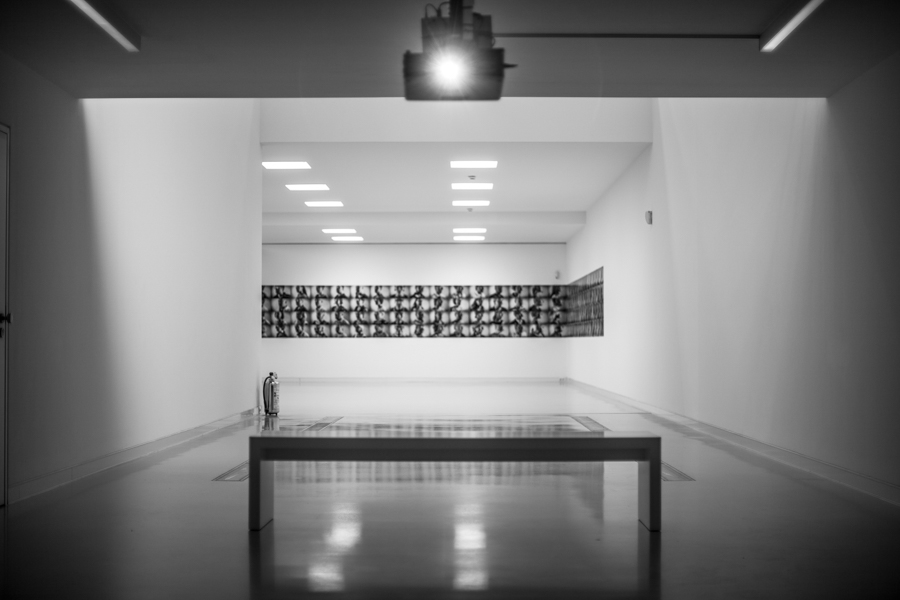
What has the Terna Award meant for an artist on the Italian and international scene and what does it mean today?
The Terna Award is a rare example of excellence in the Italian scene, and one of the most interesting international showcases. An example of excellence that is determined, above all, by its curatorial quality, and consequently by impeccable organization that puts artists in under conditions of great serenity, from exhibition set up through to logistics.
Terna is a company that transmits energy to the country. Its commitment with the Terna Award focuses on the transmission of energy to Art and Culture and on creating a network that supports and develops talent. Do you think the format of the Terna Award is still relevant for the promotion of art? Do you have any suggestions to make for the next edition?
I think the Award is definitely something current. Especially when I think about the inclusion in the Selection Committee of the most interesting Italian collectors. A choice that offers a dual opportunity to artists. The only advice I can offer would be for the web platform, where you upload your works, to be more flexible. But I believe that they are already working on that.
